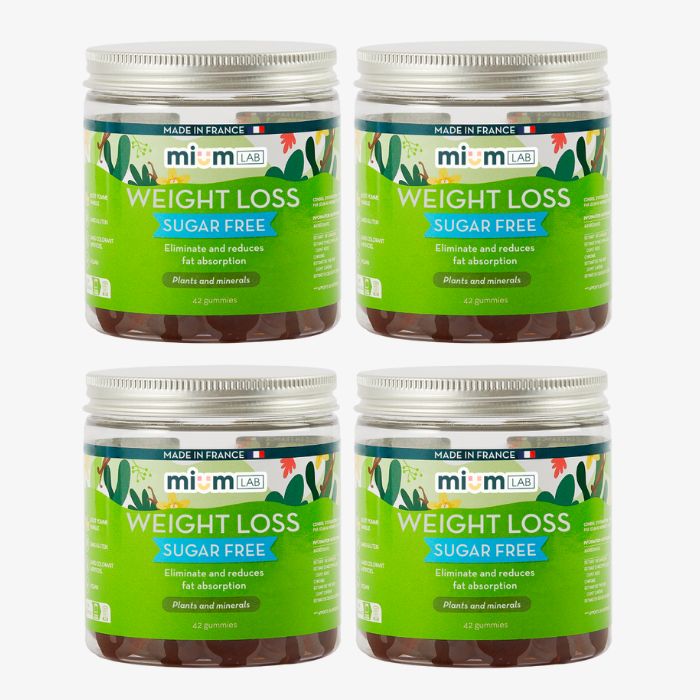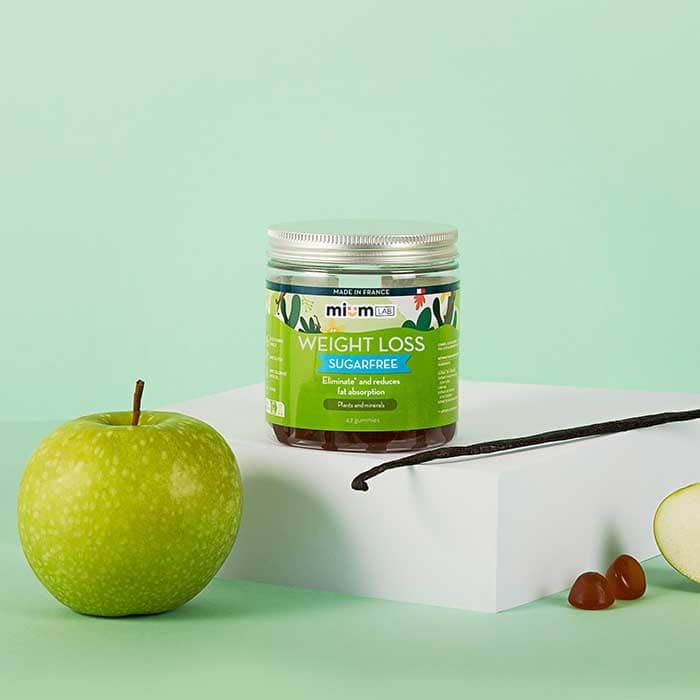Carob and its benefits
What is carob?
Carob, derived from the carob tree, is a remarkable plant whose seeds are processed into various products such as flour, thickeners, and even weight loss supplements. Valued for its numerous virtues, carob is not only a natural substitute for chocolate but also a precious ingredient in nutrition and health.
Health benefits of carob
Rich in soluble fibres
Carob seeds are particularly rich in soluble fibres, notably galactomannan. These fibres disperse easily in water, swelling upon contact to form a viscous gel in the stomach. This property increases the feeling of fullness, thereby reducing appetite and limiting the desire to snack between meals.
Effects on the feeling of fullness
Due to its high fibre content, carob effectively contributes to appetite regulation. This natural mechanism is particularly beneficial for those seeking to control their weight or maintain a balanced diet by avoiding the overeating often associated with weight gain.
Precautions and side effects
Carob is generally well tolerated by most people. However, it should be avoided by those who are allergic to carob or any of its components. It is always prudent to start with small amounts to observe your body's reaction, especially if you are incorporating carob into your diet for the first time.
The impact of carob on weight management
Due to its effects on the feeling of fullness, carob has become a popular ingredient in weight management programs. Its ability to reduce appetite can aid in controlled dietary regimes, facilitating weight loss without the feeling of deprivation.
Carob in history
In ancient Egypt, carob flour was used to stiffen mummy bandages. This lesser-known use highlights the importance and versatility of carob throughout the ages!






